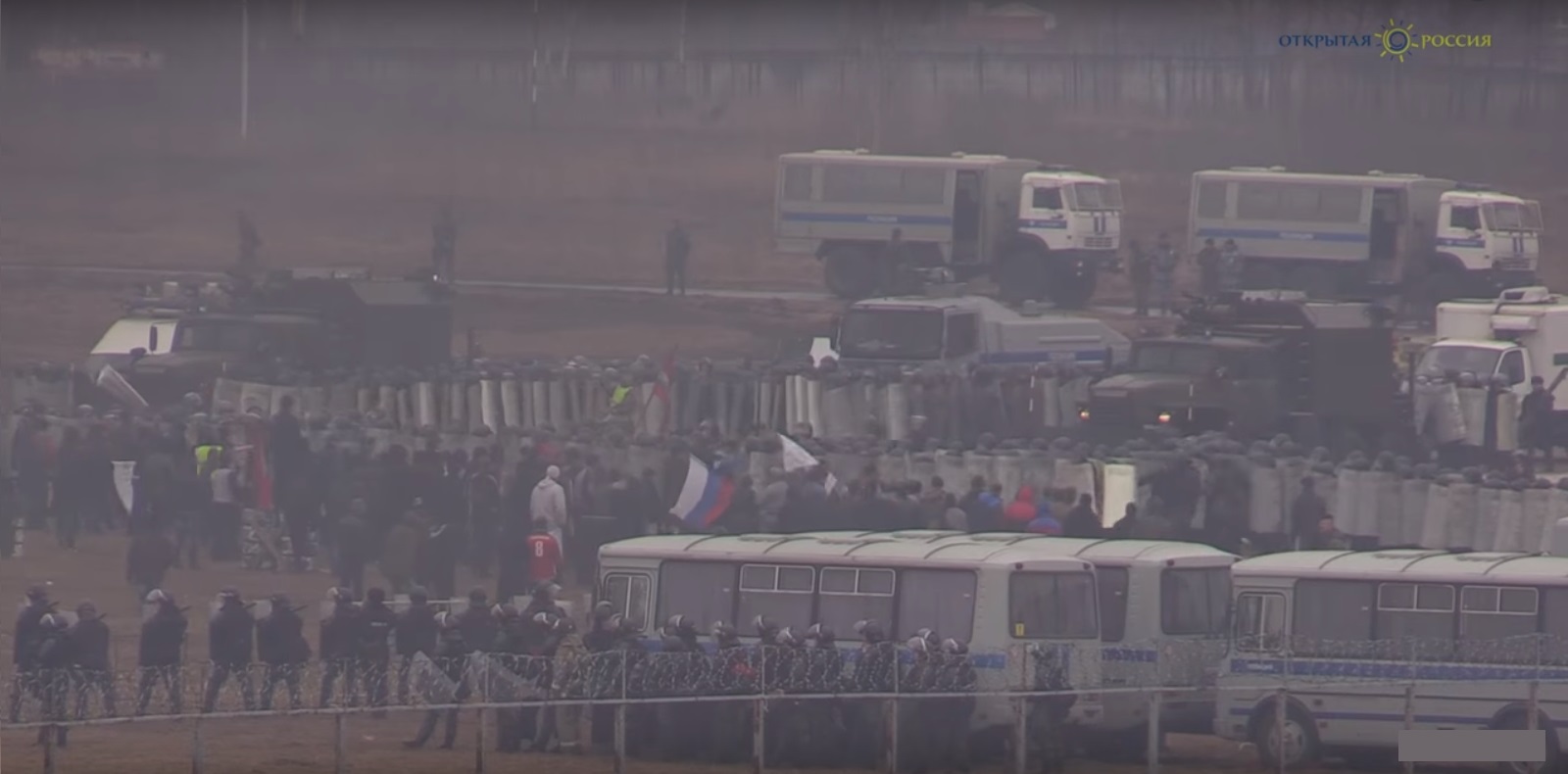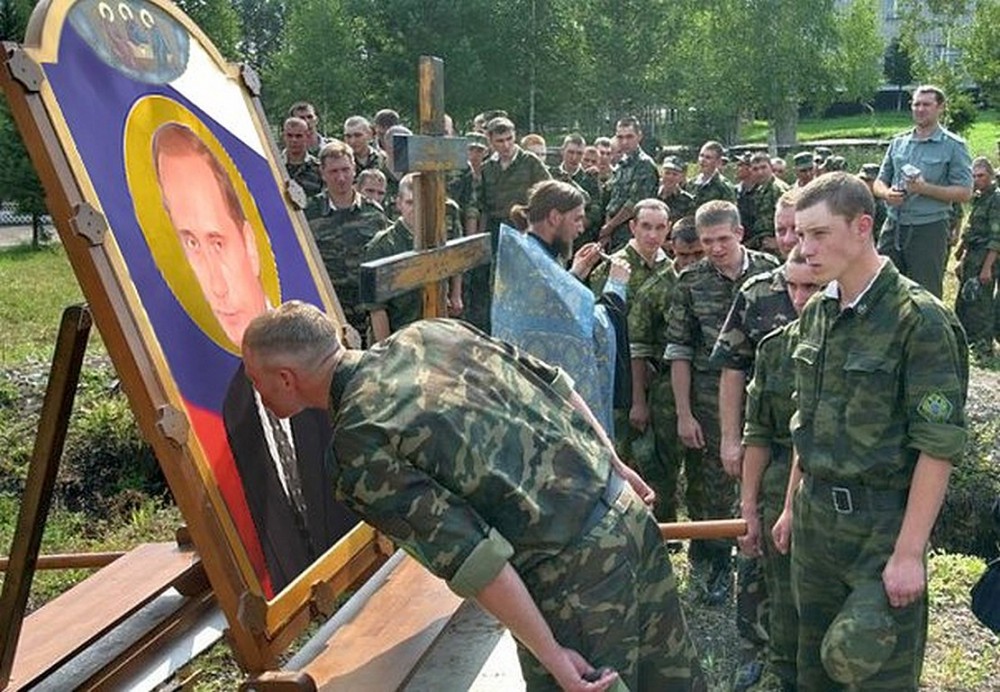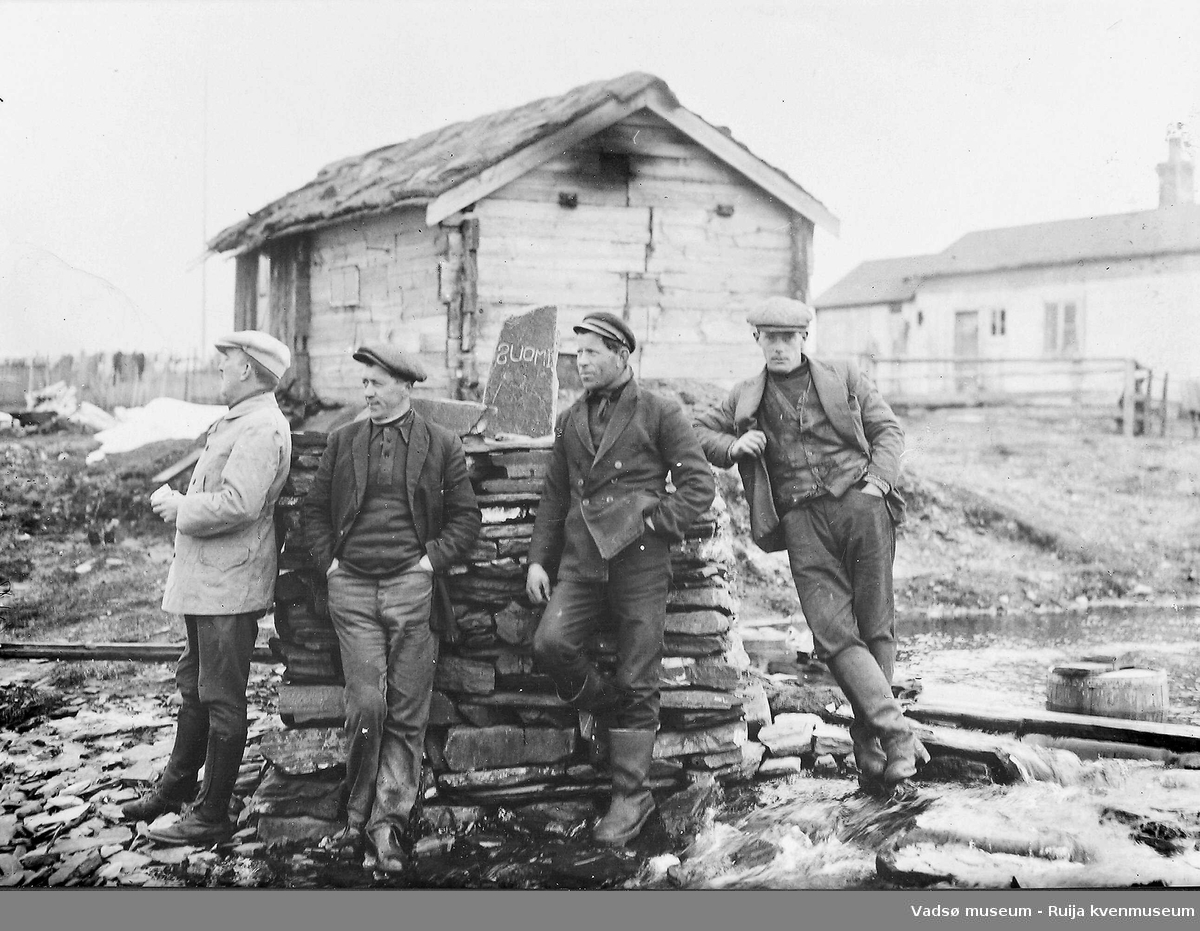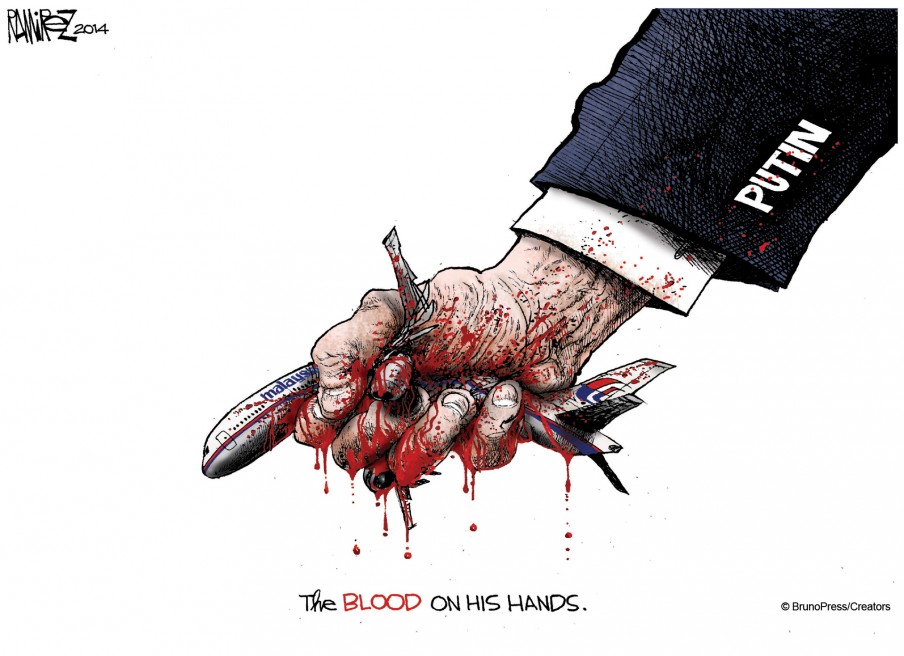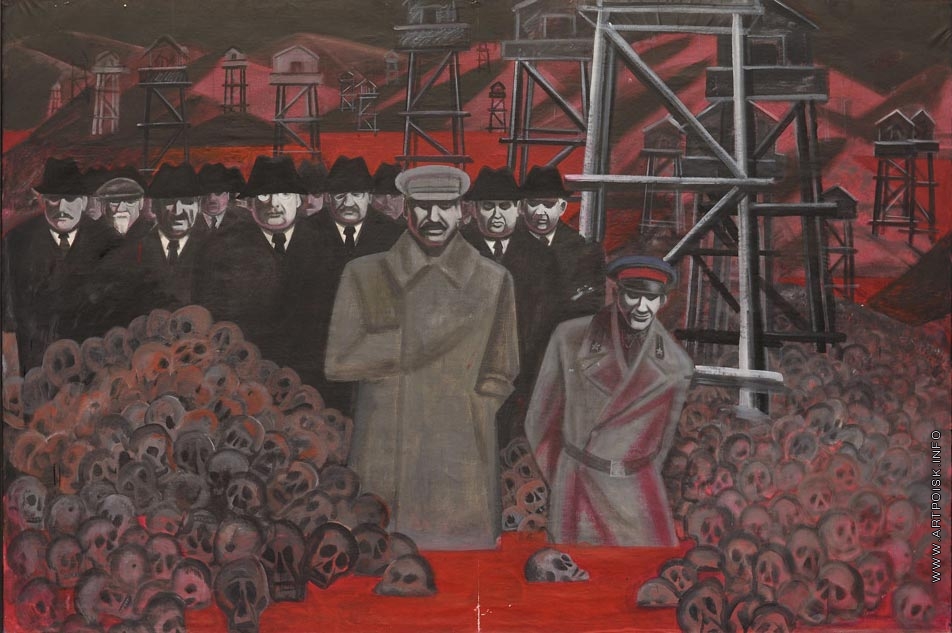In the intervening period, under Zolotov’s leadership and with Putin’s sponsorship, “the Russian guard has been transformed into an active, ambitious, and dynamic organ ready to act in a preventive way … against any threats at the destabilization of the situation in the country,” including far more than direct challenges or organized protests.“Few were surprised a year ago when the Russian Guard was established,” she writes. After all, what occurred at that time was “the legitimation of Zolotov’s informal status.” But only now are observers beginning to recognize just how far he and his patron Putin are prepared to go to create a modern-day counterpart not of the NKVD but of the Cheka.
It focuses on the media and on NGOs in advance of actions rather than only after the fact. Thus, “unlike the FSB, the Russian Guard is not prepared to be satisfied with the role of ‘warriors on the invisible front.’” It wants to act preemptively and to make alliances within the Putin hierarchy to make such actions possible. Zolotov, the commentator says, “excels” in doing just that. As a result, the Russian Guard has outplayed many of the other siloviki and been given authority over them in some cases. According to Stanovaya, Zolotov is working to gain even greater power over them in the future, a move that could make him into almost the second most powerful man in Russia today. Not only has he gained for his force the right to give orders to military units, something the defense ministry has always guarded against jealously, but he has been allowed to create its own unique “quasi-cyber forces” even though they are nominally supposed to be part of the defense ministry. Ostensibly, the Russian Guard was set up to repel direct challenges to the regime, but it is already clear that Zolotov (and that means Putin too) sees its charge as focusing on the work of the opposition in Russia in general. Because of this focus, it aspires to have -- but does not yet possess at least formally -- the power to engage in investigations of violations of the law. But gaining such powers, Stanovaya insists, is only a question of time. And once that happens, she continues, the Russian Guard will not be so much “the heir of the NKVD” as some have said but in fact will have “the status of the Main Political Administration of the NKVD, which was at one point led by [Cheka founder] Feliks Dzerzhinsky.”Zolotov’s interview makes clear, Stanovaya says, that “the Russian Guard is becoming not only Putin’s personal ‘army,’ but also one of his key, ostensibly independent analytic centers engaged in predicting the course of the development of the political situation in Russia.”
Putin’s criticism of what he deems “excessive demonization of Stalin” as “an attack on the Soviet Union and Russia” in effect gives Zolotov and his agency “the moral right to struggle against those who demonize Dzerzhinsky and the NKVD.” Still more ominously, it gives him the opening to create a new super agency to fight the Kremlin’s enemies by a wide range of means.Thus, she concludes, “’a political special service,’ which fought with all anti-Soviet and counter-revolutionary elements is being reborn in a new form,” one now not charged with fighting Mensheviks, anarchists, White Guards, “and other ‘enemies of the people,’” but with “’the pro-Western opposition,’ ‘foreign agents,’ ‘the fifth column,’ ‘ill-intentioned journalists and bloggers, and also web activists.”
Related:
- Putin gives his Guard powers even NKVD didn’t have: the question now is why? Gorevoy says
- Putin’s Russian Guard is true ‘heir to the NKVD,’ its deputy commander says
- Moscow deploys Russian Guard and OMON against truckers in Daghestan
- Putin moves to give his “personal guard” KGB-like functions
- The worst Russophobes in the world are in the Kremlin, Kornyev says

